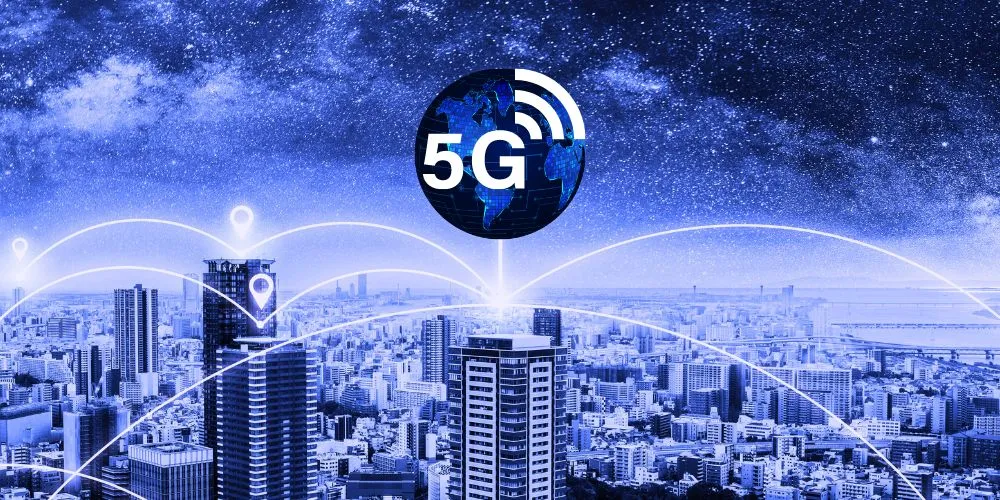Key Points
- Verizon has won a contract to build and manage a private 5G network for Thames Freeport, a major UK port.
- Verizon is working with Nokia, which will provide all the hardware and software for the new network.
- The private 5G network will support advanced applications, such as AI, automation, and autonomous vehicle control.
- The network will cover several major industrial sites, including two large ports and a Ford manufacturing plant.
Verizon is partnering with Nokia to develop a robust private 5G network for Thames Freeport, one of the UK’s busiest shipping and logistics hubs. The U.S. telecom company announced the major deal on Wednesday, which will bring dedicated, high-speed connectivity to a key economic corridor.
This new network will provide a private, reliable connection that won’t get clogged up like public networks can. This is crucial for running advanced technology like artificial intelligence, tracking cargo in real-time, and controlling autonomous vehicles and cranes across the huge port complex.
The deal covers major industrial sites along the River Thames, including the DP World London Gateway port, the Port of Tilbury, and even Ford’s massive Dagenham manufacturing plant.
While the companies didn’t share the exact price tag for the project, they described it as supporting a “multibillion-dollar operational transformation” for the region. Thames Freeport is a special economic zone established by the UK to boost business with tax breaks and other incentives.
This project represents a significant step forward for Verizon’s international business. It partners with Nokia to build these private networks in markets where Verizon doesn’t have its public infrastructure. For this deal, Nokia will supply all the necessary hardware and software. The ultimate goal is to use the new 5G network to power everything from AI-driven analytics and automated vehicles to better safety monitoring and logistics.





